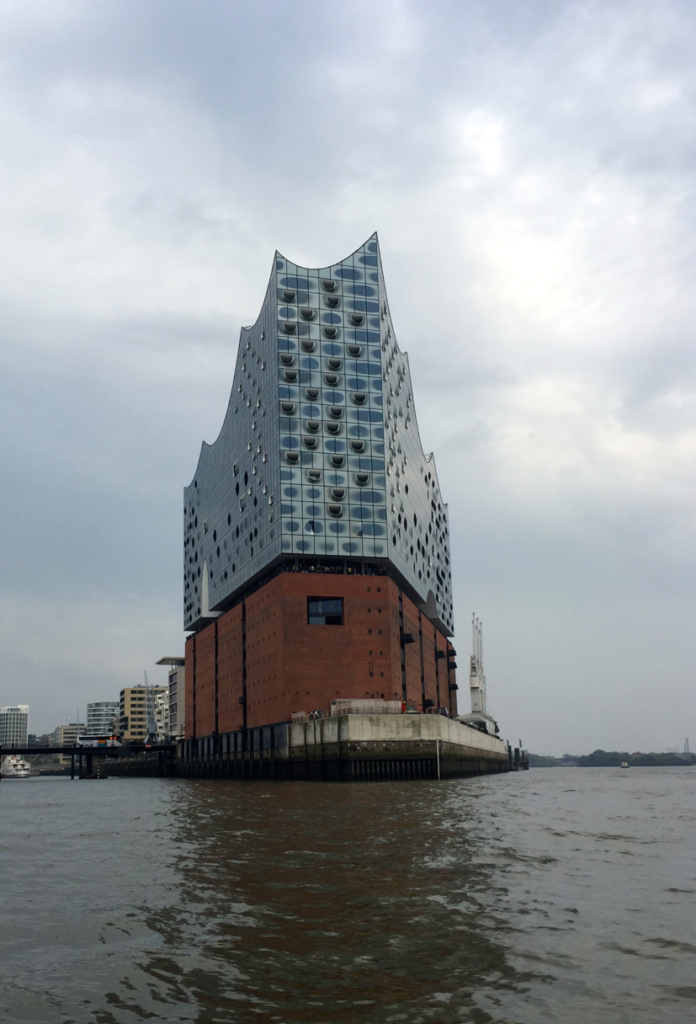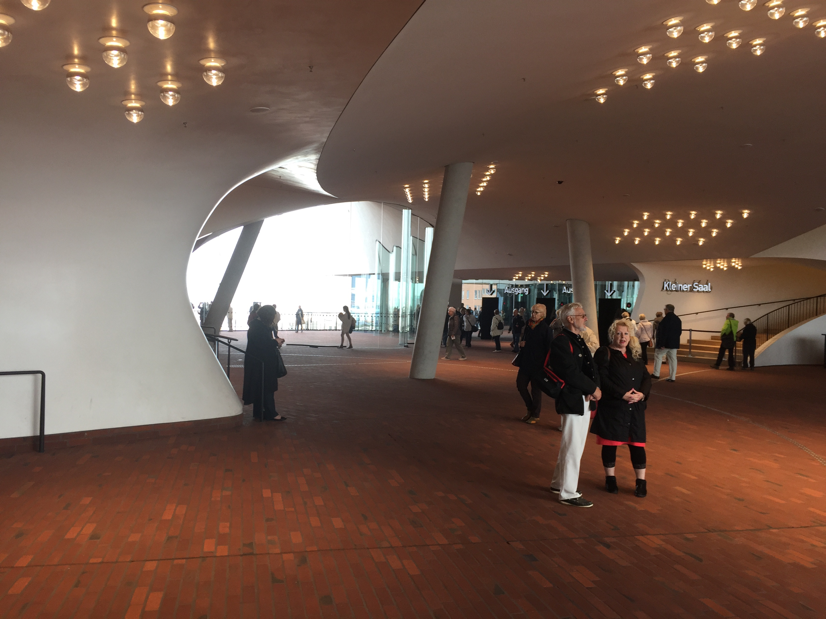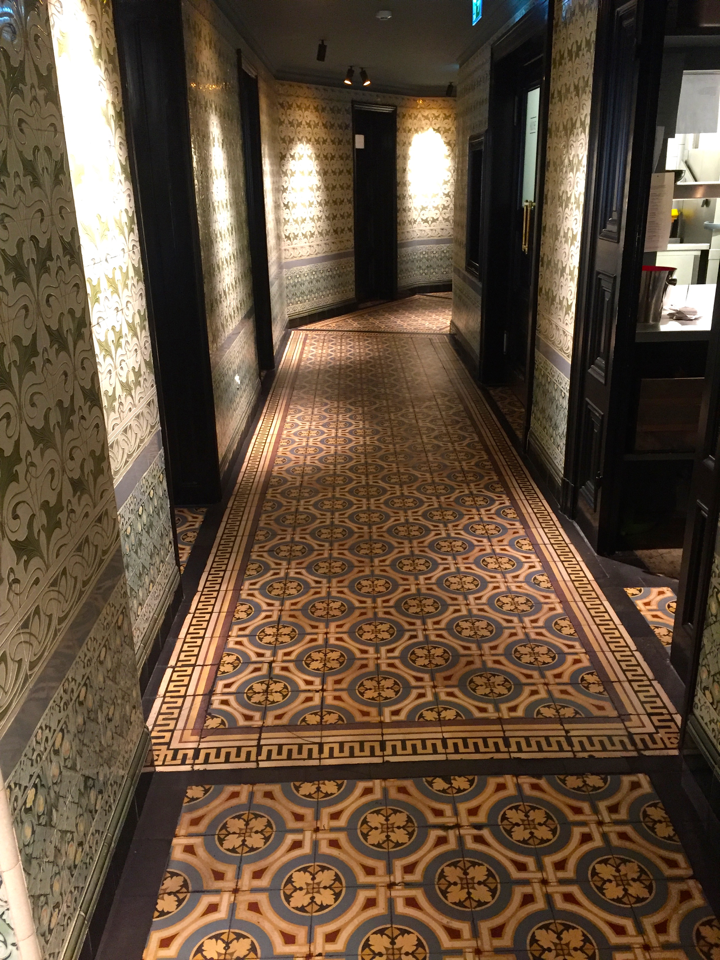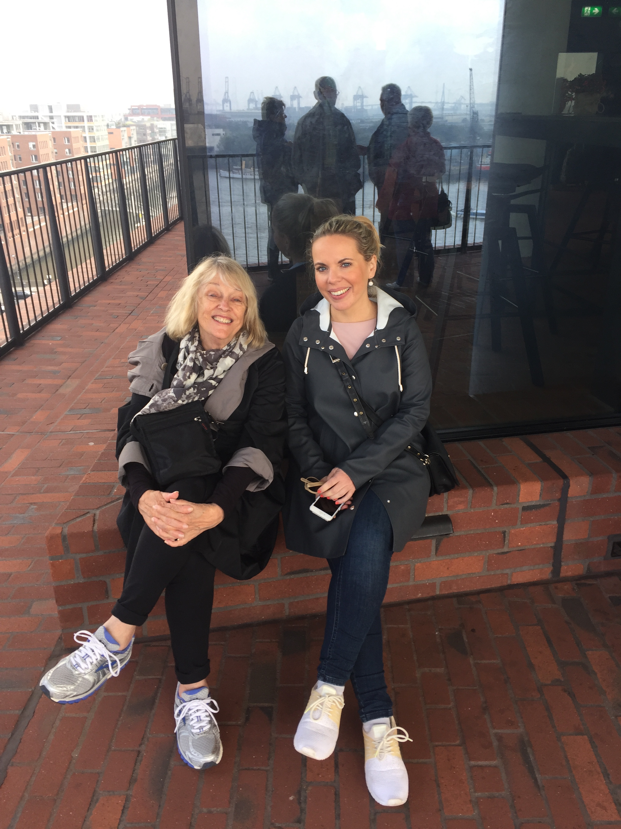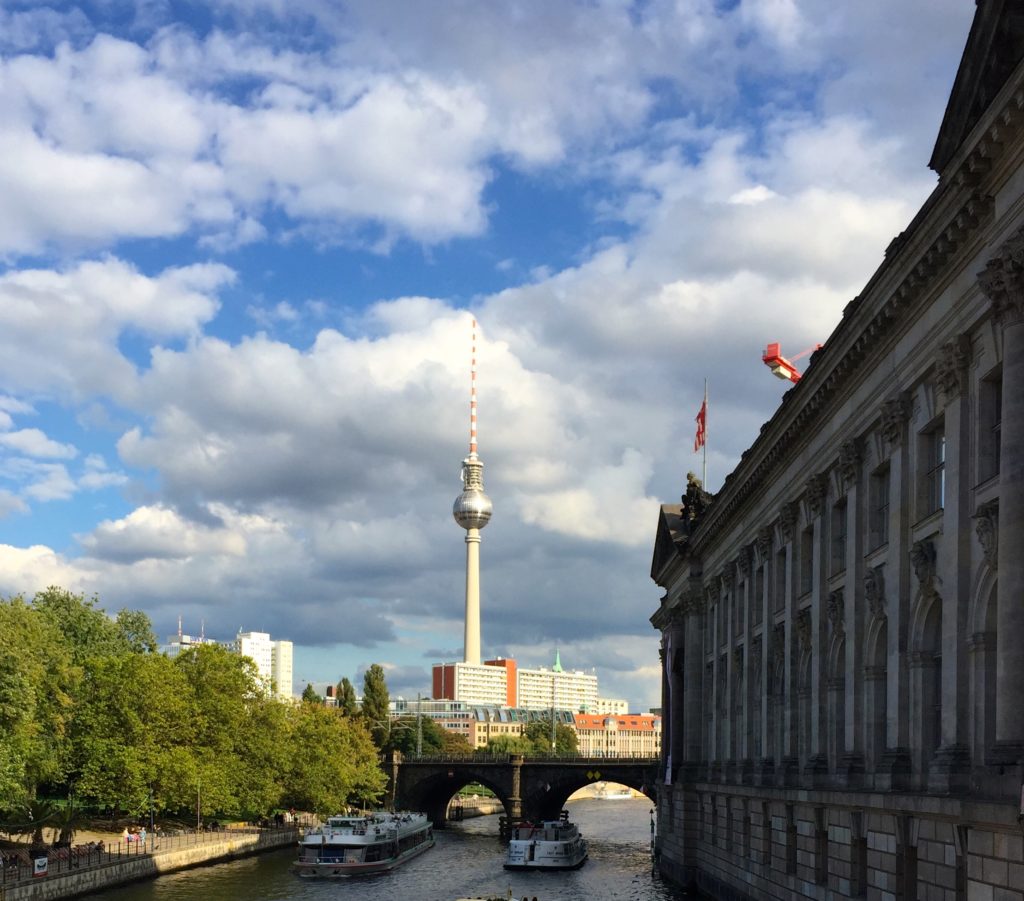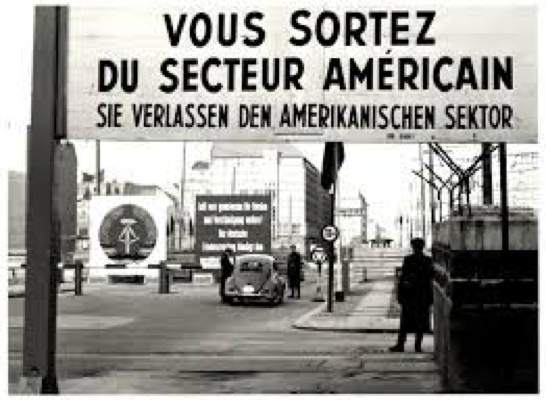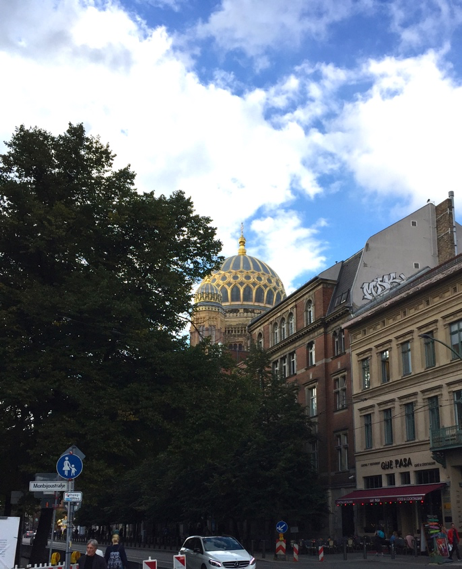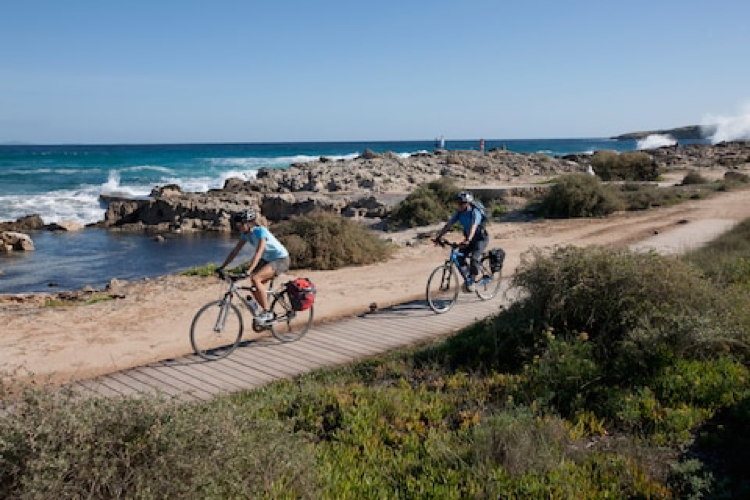
I don’t remember how I first became aware of the Balearic Islands, but they seemed exotic to me. Dots in the Mediterranean. Ruled successively by Phoenicians, Romans, Vandals, Moors, and Catalans. Spanish but not really Spanish. From that first awareness I felt a magnetic attraction. My first visit in the 1960’s, was a late honeymoon – several months after the ceremony. Abby had never been to Europe and we were looking for a special add-on experience. Something different.
On that first trip, we flew from New York to Barcelona, then on to Ibiza where we immediately boarded a lancha rapida to Formentera, the smallest and most remote of the Balearics. It was exotic. Palma, on the big island of Mallorca, was a full-on city. Ibiza was a jet-set hangout. No one had ever heard of Formentera. We were off the radar.
It was primitive at the time; we slept in a damp basement room in the village of Sant Francesc, ate Spanish omelets in its only café, borrowed English language books from a “lending library” run by an American expat, and rode two rusty bicycles out to the lighthouse at the end of the island. We came home having discovered a place few others knew about. We weren’t the first to go there but it was rough and relatively untouched. We felt like adventure travelers.
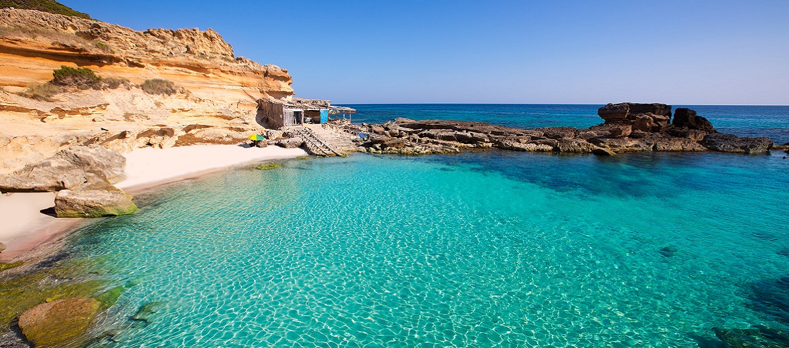
Places change, especially places with pristine beaches. Shortly after our idyll, Bob Dylan was spotted staying in a windmill (or maybe it was the lighthouse). Those rumors are largely debunked today, but they signified a growing awareness of the tiny island and its originality.
Like many locations in sunny Spain, Formentera hasn’t always been about white sandy beaches and picturesque lighthouses. Our lending library friend told us that during the Spanish Civil War, Generalissimo Franco and the Nationalists used Formentera as the site for a concentration camp, and following the war the land where the camp was situated was regarded as a “dead zone.” Locals told us that nothing would grow there.
Despite that history, Formentera became a hippie refuge in the ’70s , much like Mykonos, and Franco worried that the hippies would foment revolution. He moved to expel them, but the effort failed and with his death in 1975 the ruthless, fascist dictatorship ended. Spain was able to breathe a sigh of relief.
For those with long memories, Saturday Night Life, did a hilarious Weekend Update when Franco died called “Franco is still dead… but he’s feeling better each day.” You can check it out at https://www.youtube.com/watch?v=butZyxI-PRs
I haven’t been back to Formentera though I’ve spent time on other Balearic islands since that first trip. Development has come to Formentera and I’m told that for the most part it’s tasteful and upscale. No gleaming white high-rise apartments blocking views, mostly low-rise structures that blend in with the colors of the sand and grasses. I found a recent article (May 2017) in the Financial Times encouraging. Where there are pristine beaches development is inevitable, often deplorable, but Formentera may be an exception. I still have my memories of empty beaches and fried calamari served on torn newspapers. I think I’ll leave it that way.
This month I’m back in the Balearics. Palma is not Formentera, but I’ve loved all my visits to the former island kingdom – from that first trip to unspoiled Formentera to later stays on Ibiza and Mallorca. With its steep craggy mountains and blue water calas Mallorca has the most dramatic landscape of all the islands, but there is more here than landscape. There are history and culture to match.
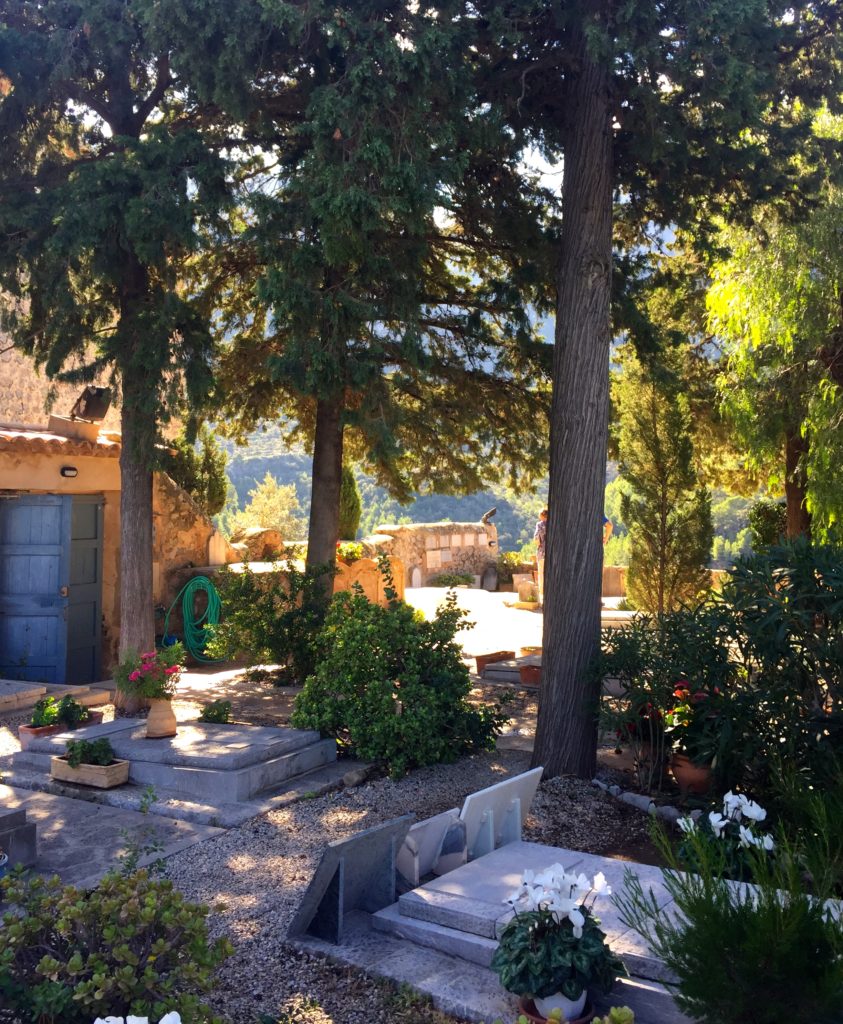 Yesterday we visited the burial site of the poet Robert Graves in Deia and passed through Valdemossa, where Chopin and George Sand spent one miserable winter fighting with each other and annoying the locals. Miro spent years on the island and the Pilar y Joan Fundacio Museum in Palma is stunning in its architecture and collection. Today we visited three large exhibits in Soller featuring the works of Miro and Picasso and celebrating their long friendship.
Yesterday we visited the burial site of the poet Robert Graves in Deia and passed through Valdemossa, where Chopin and George Sand spent one miserable winter fighting with each other and annoying the locals. Miro spent years on the island and the Pilar y Joan Fundacio Museum in Palma is stunning in its architecture and collection. Today we visited three large exhibits in Soller featuring the works of Miro and Picasso and celebrating their long friendship.
Despite Spain’s tarnished political and ideological legacy; from the Inquisition and expulsion of the Jews, to Franco and his alliances with Hitler and Mussolini, to the more recent problems with the Basques in the north and Catalans in the east, the country has maintained its magnetic appeal though there must be something perverse in the Spanish political character that can’t stand equanimity.
On October 1, 2017 the citizens of Catalonia (Barcelona region) held an unauthorized separatist “referendum” that has Madrid’s hair on fire, and this week the government vowed to take over the government in Barcelona.
Does it seem as crazy to you as it does to me that only two months ago an ISIS terrorist cell drove a truck into crowds on the most famous street in Barcelona killing 13 and injuring more than 80, but today Catalans are preparing for street warfare against fellow Spaniards in the name of independence. How can their memories be so short? I will never understand it. For the next ten days we hope to enjoy the people, food, and culture of this big island. The Catalans may have their hair on fire but the Mallorquins seem only mildly concerned. It’s amazing what 128 miles of water can do to bring down the temperature.
Hola!
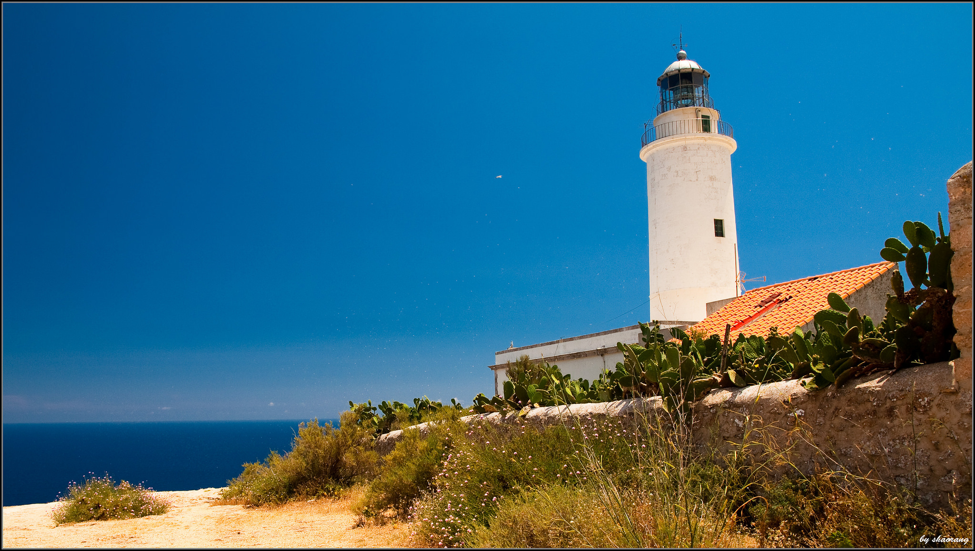






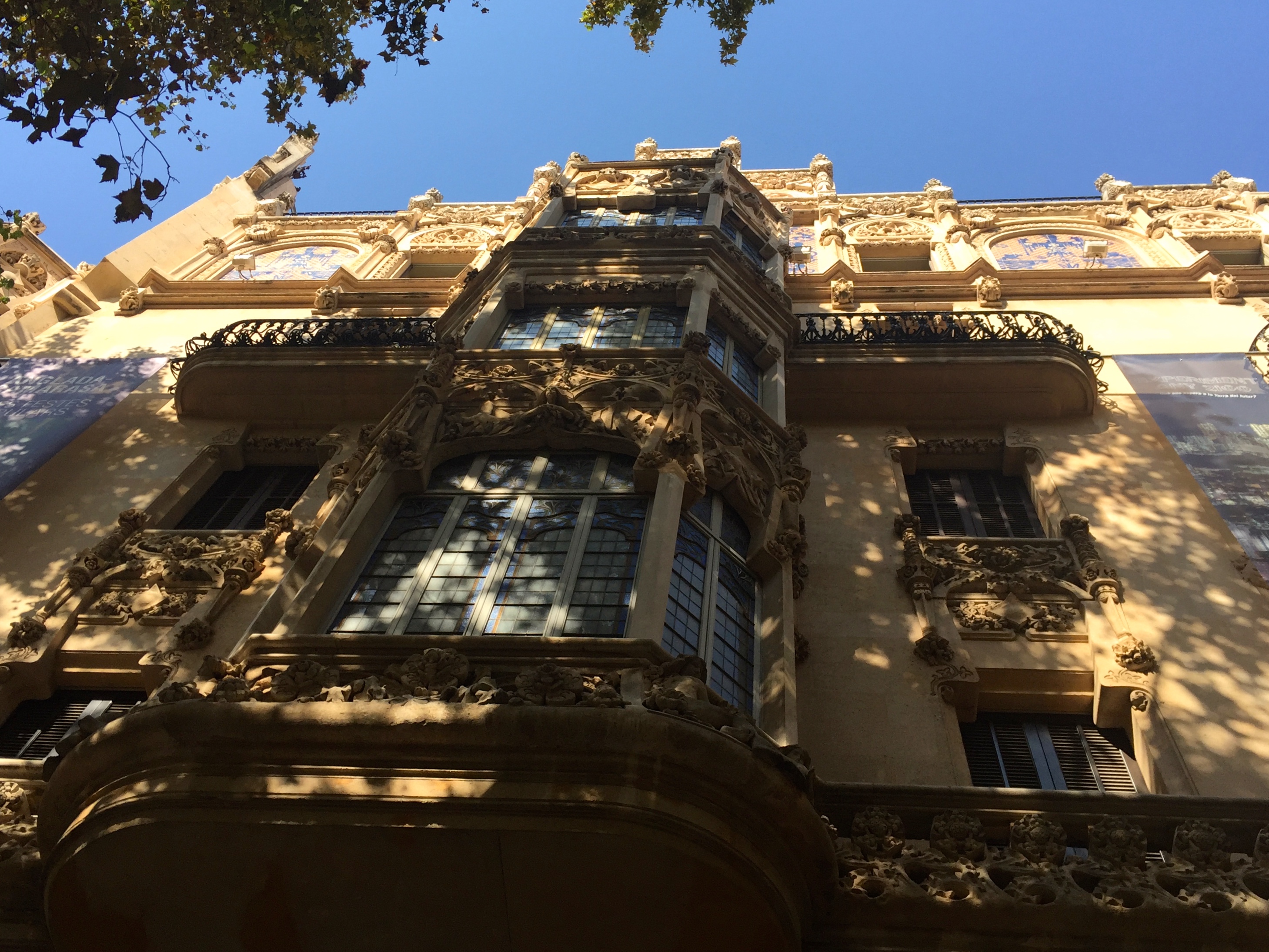
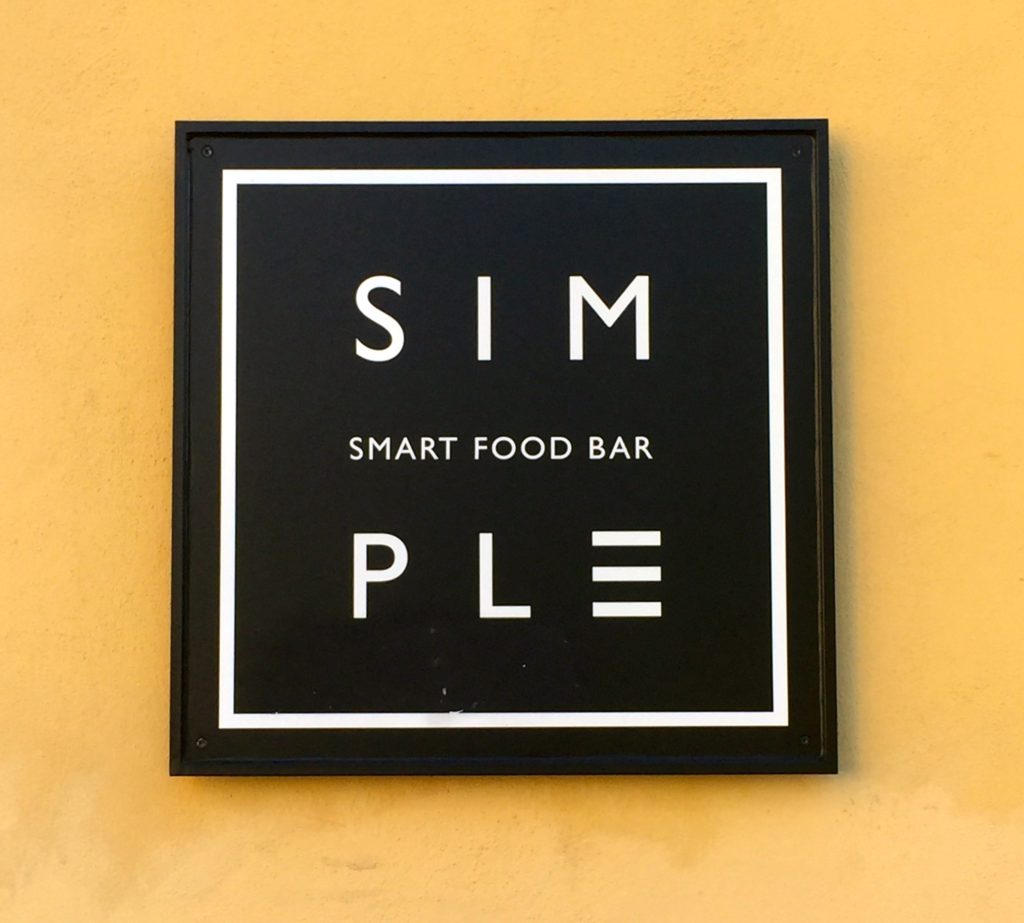
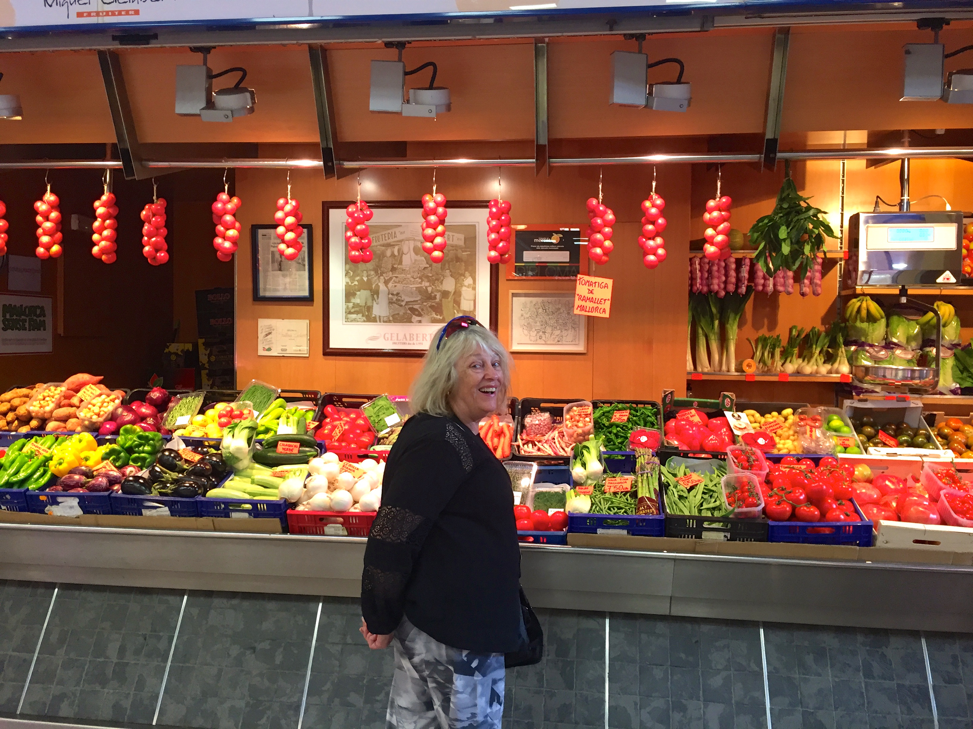
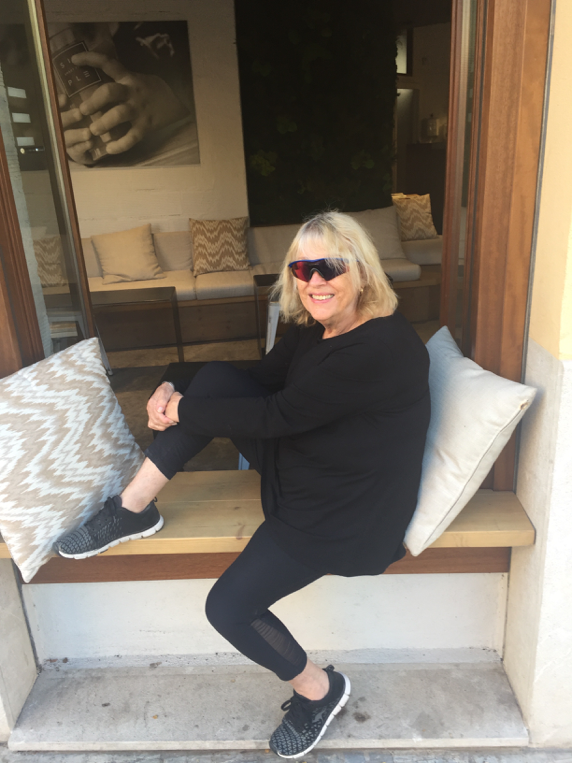
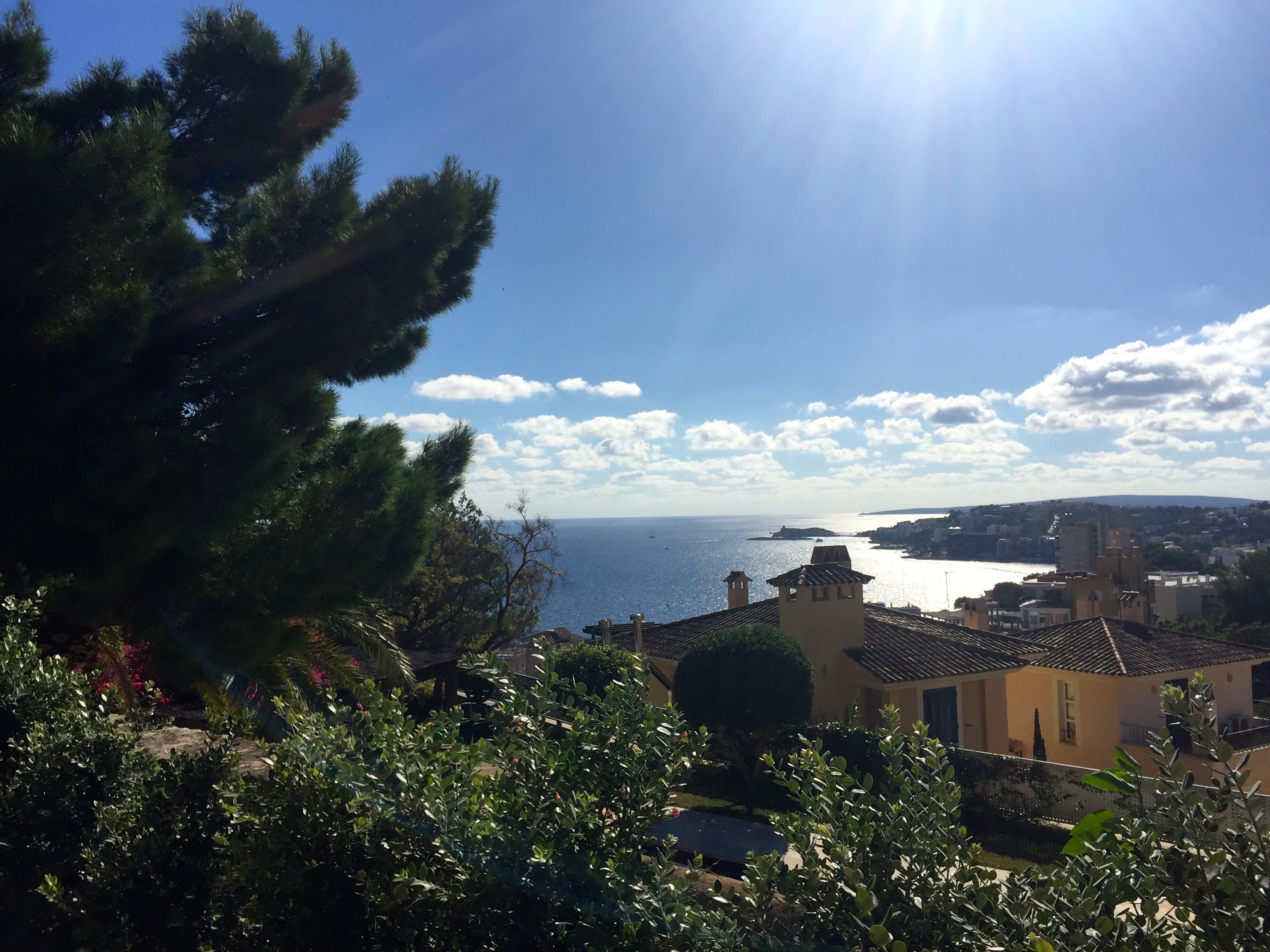
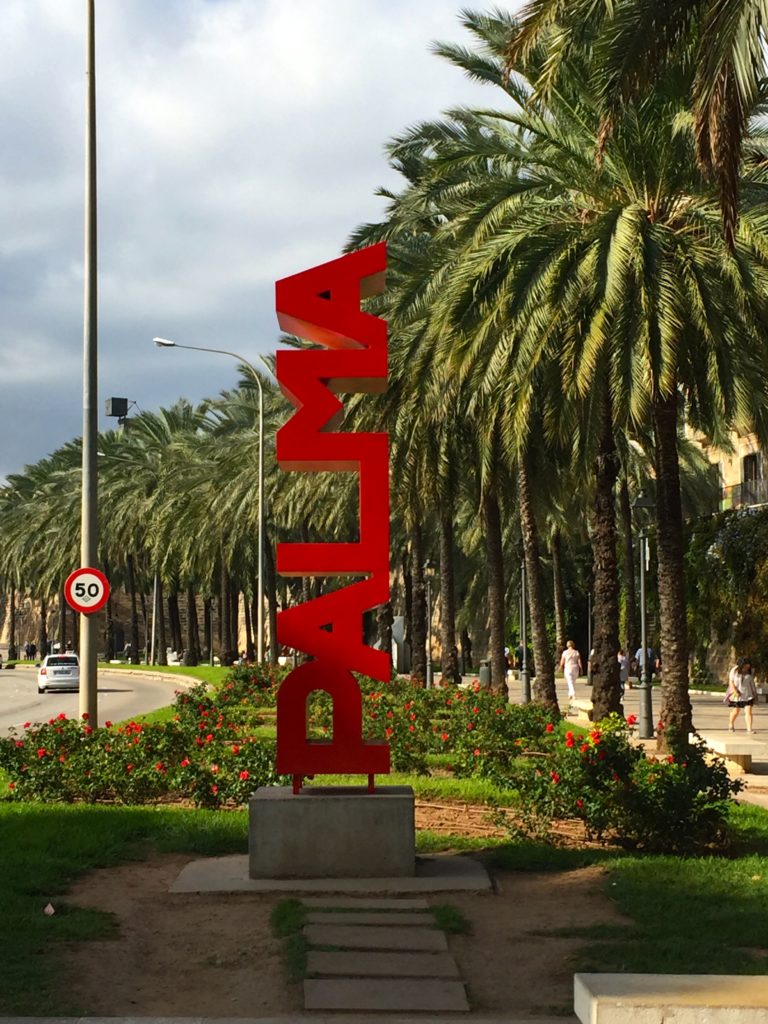
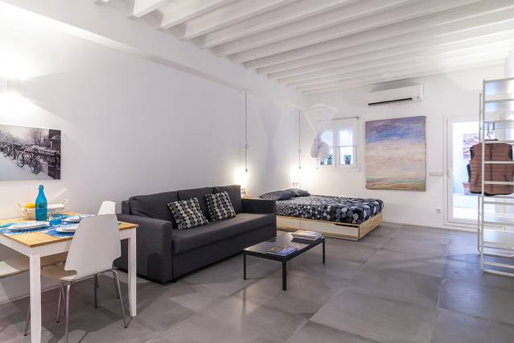 The neighborhood is hip and chock full of restaurants, tapas spots, bars and small cafes. Right next door is a breakfast bar with espresso drinks, organic fruit, homemade yoghurt, and a Southern California ambience. For the past two mornings we’ve been the oldest people there by 40 years.
The neighborhood is hip and chock full of restaurants, tapas spots, bars and small cafes. Right next door is a breakfast bar with espresso drinks, organic fruit, homemade yoghurt, and a Southern California ambience. For the past two mornings we’ve been the oldest people there by 40 years.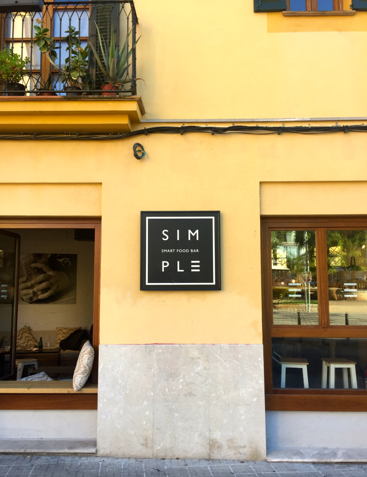

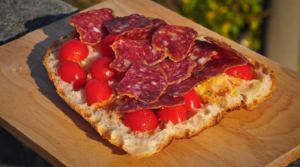
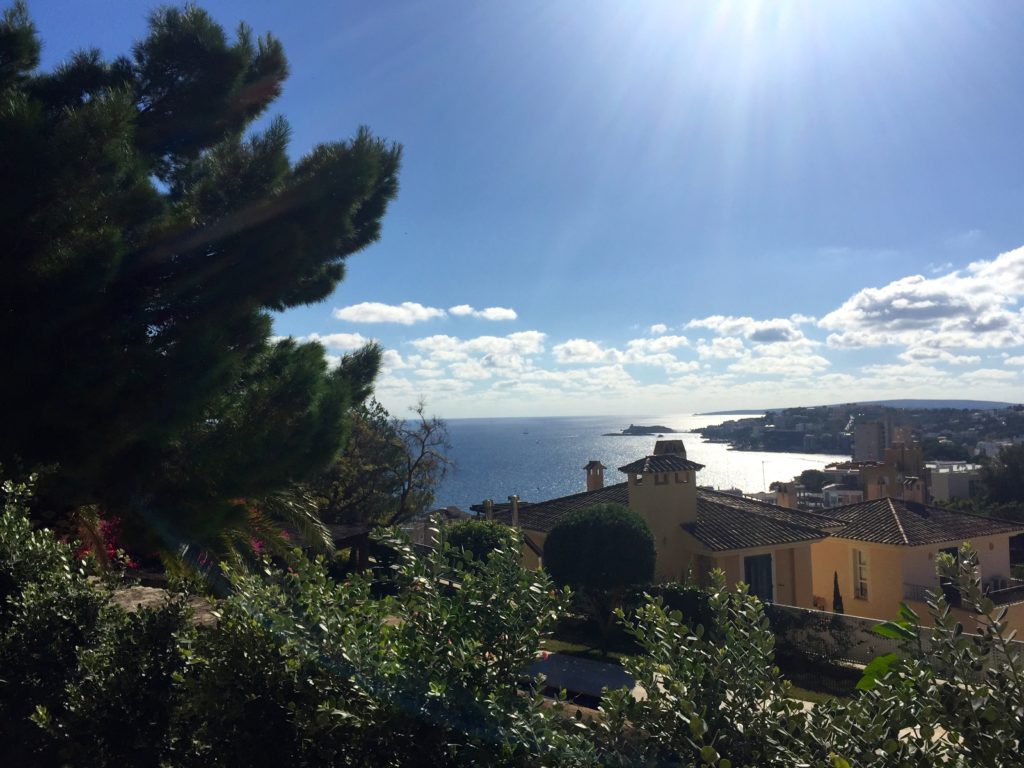
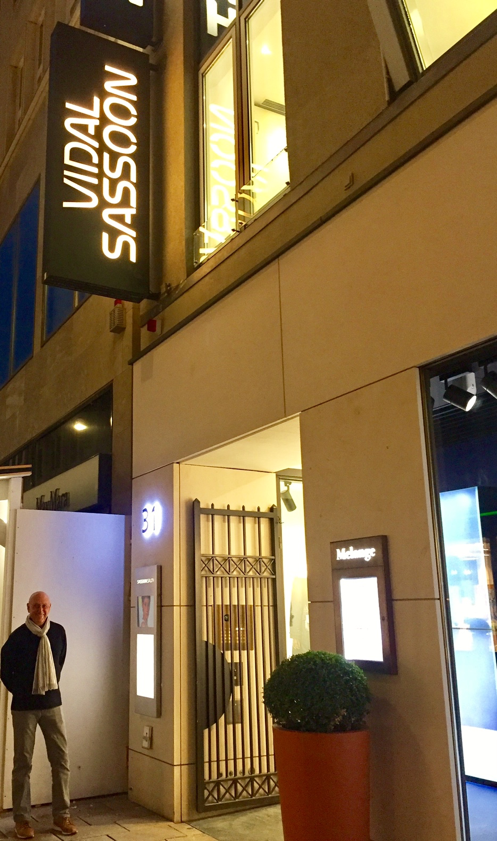
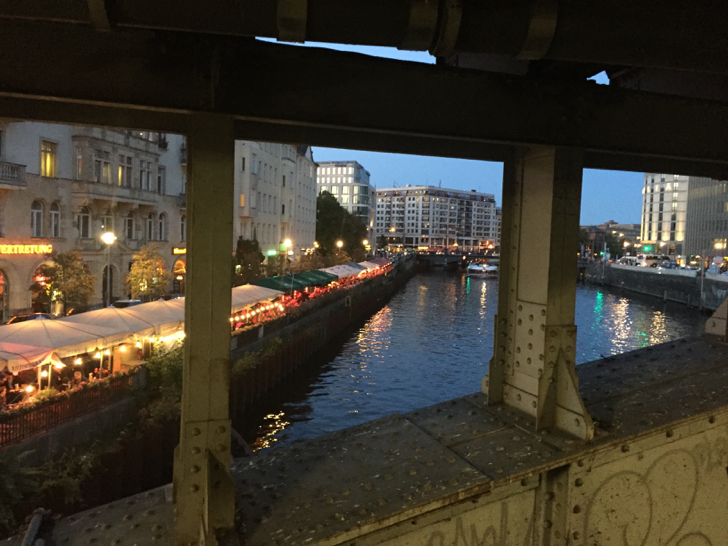
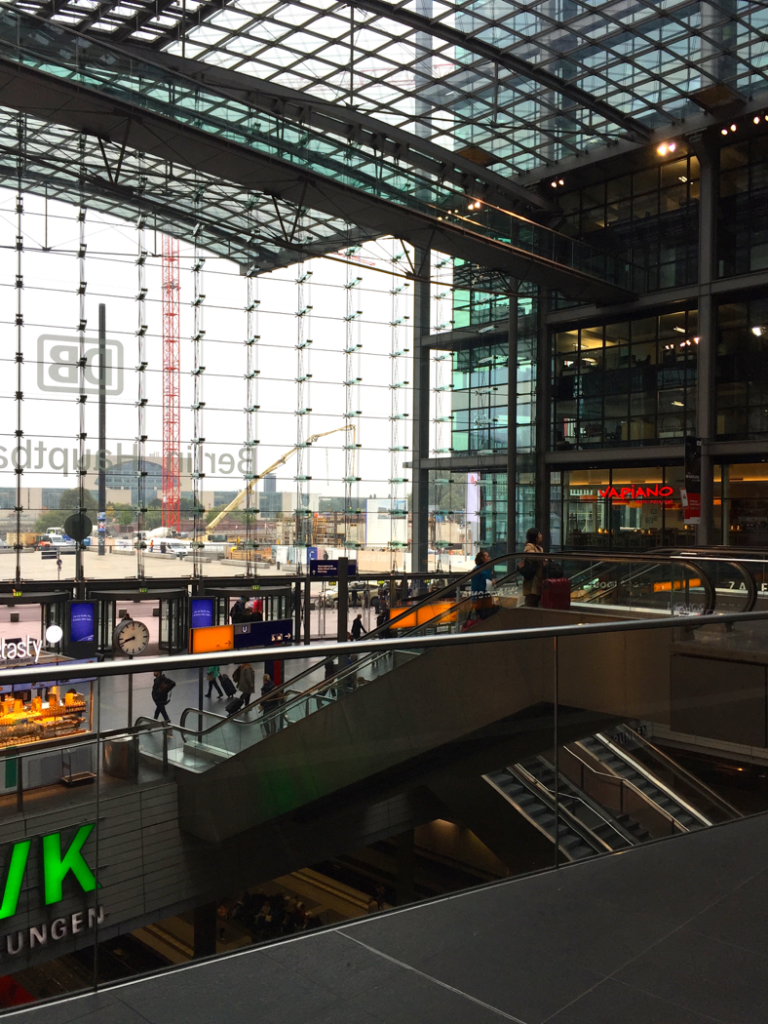
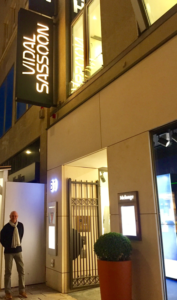 Some things were as I remembered them, including the location of the Vidal Sassoon Salon where I used to come for haircuts. In those days I flew for free, had lots of curly hair and my own stylist. It was a 40-minute flight and a short bus ride to the salon. Today, it’s a train ride, a safety razor and a box of band aids. The hair is gone and so are the free flights and stylist. Those were the days. Now I’m on the outside looking in. Check out the photo.
Some things were as I remembered them, including the location of the Vidal Sassoon Salon where I used to come for haircuts. In those days I flew for free, had lots of curly hair and my own stylist. It was a 40-minute flight and a short bus ride to the salon. Today, it’s a train ride, a safety razor and a box of band aids. The hair is gone and so are the free flights and stylist. Those were the days. Now I’m on the outside looking in. Check out the photo.